In this article
View 2 More +Cats are fairly consistent animals and creatures of habit. While their personalities may change when they age from kittenhood to adulthood, most cats will sustain the same personality all throughout their lives. So, sudden behavioral changes don’t usually happen without reason. Various factors, including underlying medical issues, can affect a cat’s behavior. Here’s what to do if you notice a sudden change in how your cat behaves.

Behavior Changes and Medical Issues
Just like how we can act differently when we’re feeling uncomfortable, sick, or in pain, cats often change their behavior when they’re feeling unwell. Some cats will be very subtle, while others will make it more obvious. It really depends on how expressive your cat is naturally.
Cats can show a variety of behavioral changes when they’re sick. Some may become more lethargic or disinterested in playing. They might act more withdrawn and choose to hide more often than usual. They may hunch up or curl up and sleep more often. Cats can also show changes in appetite and either have increased or decreased hunger and thirst, depending on the medical condition.
While we may think that cats will slow down when they’re feeling sick, some medical conditions may cause them to appear more active. For example, hyperthyroidism may trigger hyperactivity in some cats. So, it’s important also to become curious and observant if your cat suddenly becomes active.
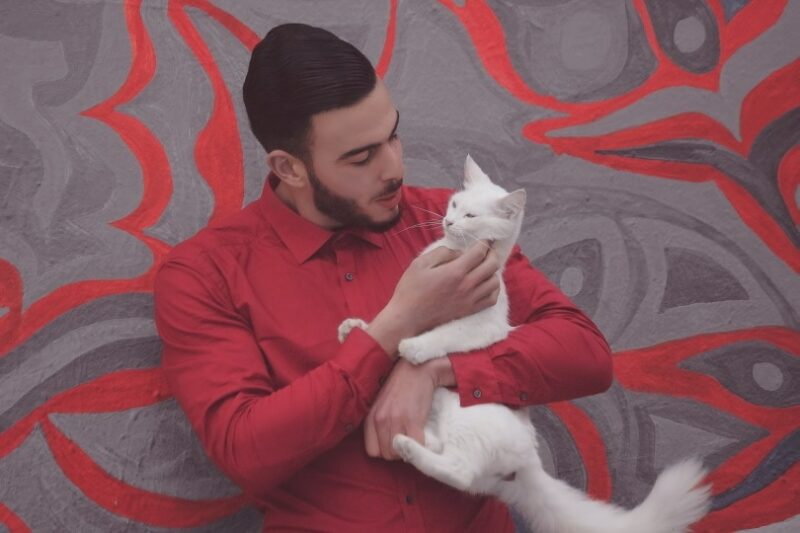
Other Signs That Your Cat Is Feeling Sick
Your cat will also give other cues that indicate that they’re feeling unwell. While it sounds unpleasant, make sure to check their litter box, as it can provide plenty of clues regarding your cat’s health. Discolored urine, diarrhea, and bloody stool all indicate health issues that require medical attention. More frequent litter box use, and painful urination or defecation are also signs of urinary tract infections or gastrointestinal issues.
Another way to detect health issues is to scan your cat’s physical appearance. Check for weight gain and weight loss and any changes in eating habits. Examine your cat’s coat. It should be smooth and well-kept. Cats that stop engaging in self-grooming habits or over-groom may be affected by a medical condition. If you notice any sudden behavioral changes in your cart, it’s best to take them to a veterinarian to get them checked out and make sure nothing is going on with their health.

Other Possible Reasons for Behavioral Changes
It’s recommended to schedule a visit with a veterinarian to determine if a medical issue is causing a behavioral change in your cat. If a veterinarian rules out any health issues, it’s important to figure out what else could be causing the behavioral change.
Your cat can start to act differently for a variety of reasons. Common reasons for shifts in behavior include moving to a new home, changing up their daily routine, or introducing a new cat to the home. Switching to new food or introducing your cat to new treats may also cause behavioral changes. It’s worth noting that cats that are bored and require more exercise and mental stimulation often begin to exhibit behavioral issues.
Usually, sudden lifestyle changes trigger sudden behavioral changes in cats. So, try to see if there’s anything new that may be causing your cat to act differently. If you’re having any trouble identifying triggers, don’t hesitate to work with a cat behaviorist to see how you can help your cat.
If you need to speak with a vet but can't get to one, head over to PangoVet. It's an online service where you can talk to a vet online and get the advice you need for your pet — all at an affordable price!


Conclusion
Sudden behavior changes in cats can be caused by a medical issue. However, changes to their environment or daily routine can also make cats act differently. As a general rule of thumb, take your cat to your veterinarian first to check for any health issues that may contribute to behavioral changes. If your cat’s physical condition gets the all clear, look around the house for any potential triggers that cause your cat to act differently.
Behavioral changes rarely happen without reason. Finding what’s causing these behavioral changes can help you create a safe living environment and satisfying daily routine that will lead to your cat feeling healthy and happy again.
See Also:
Featured Image Credit: Anna-Kraynova, Shutterstock
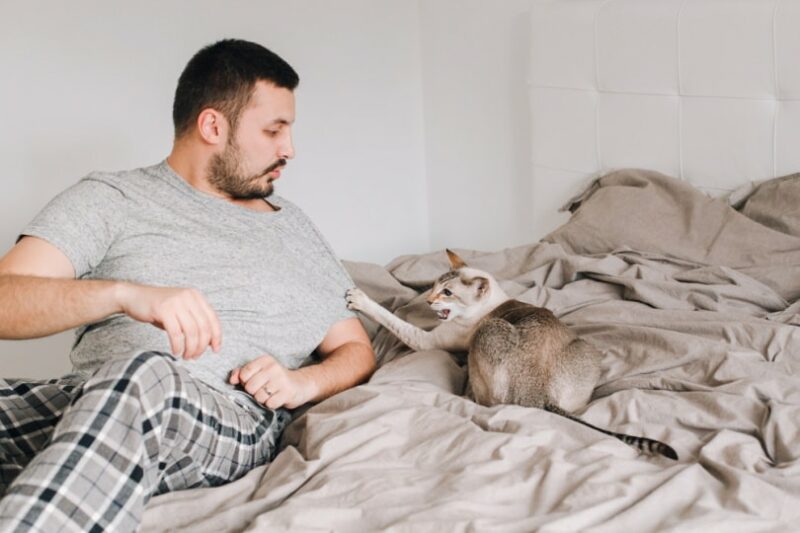


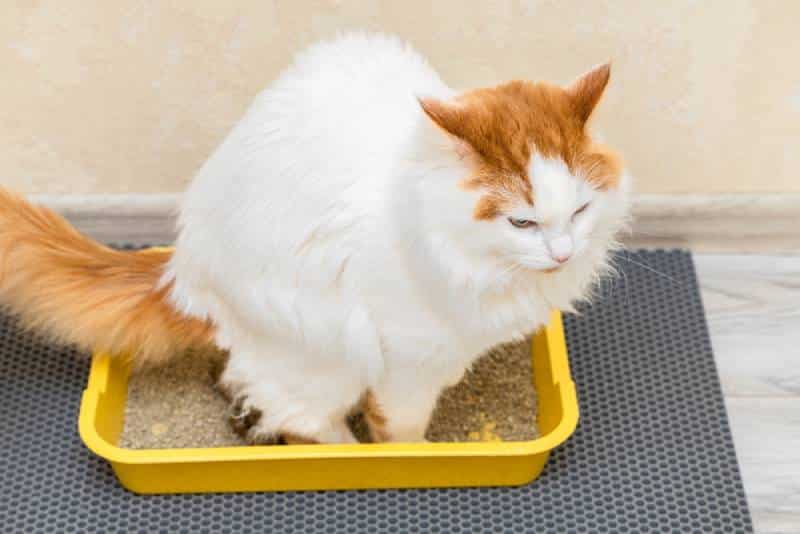
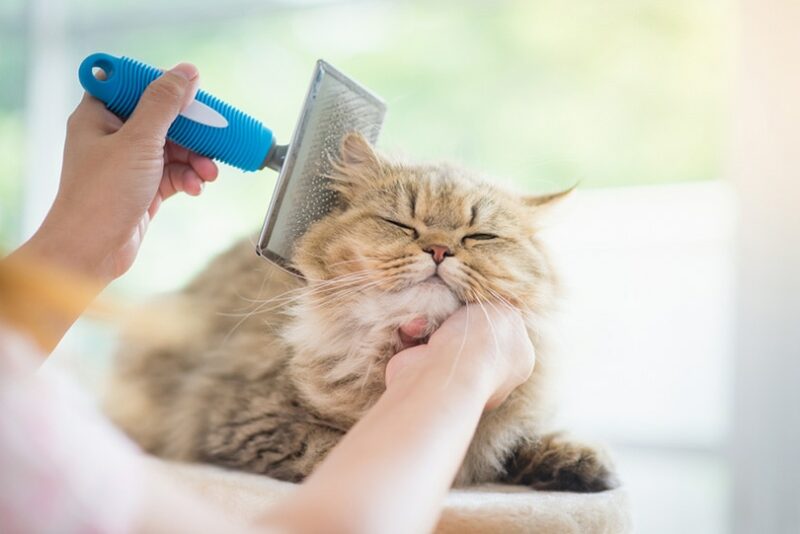

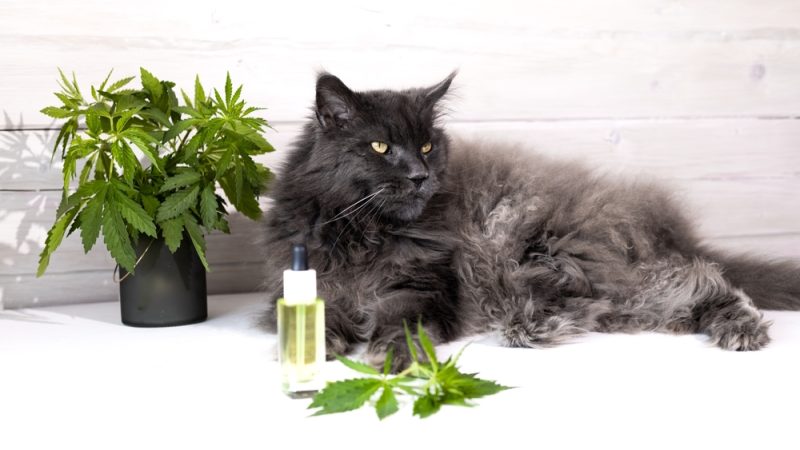
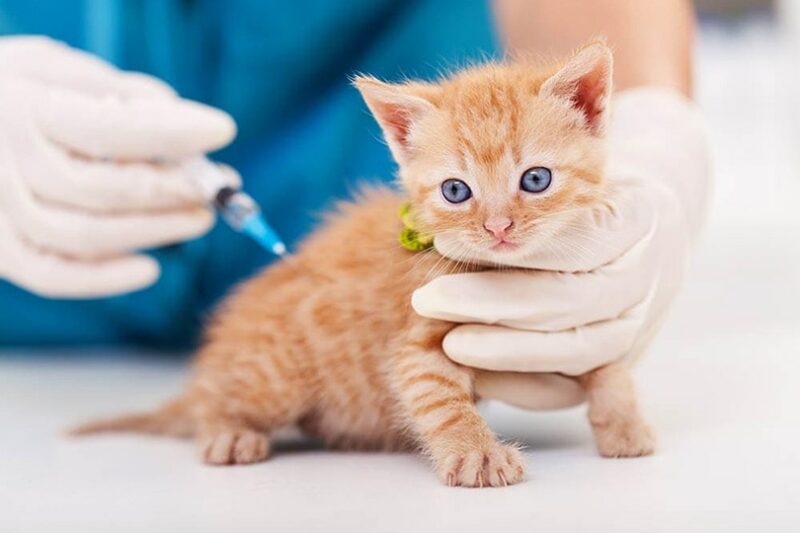
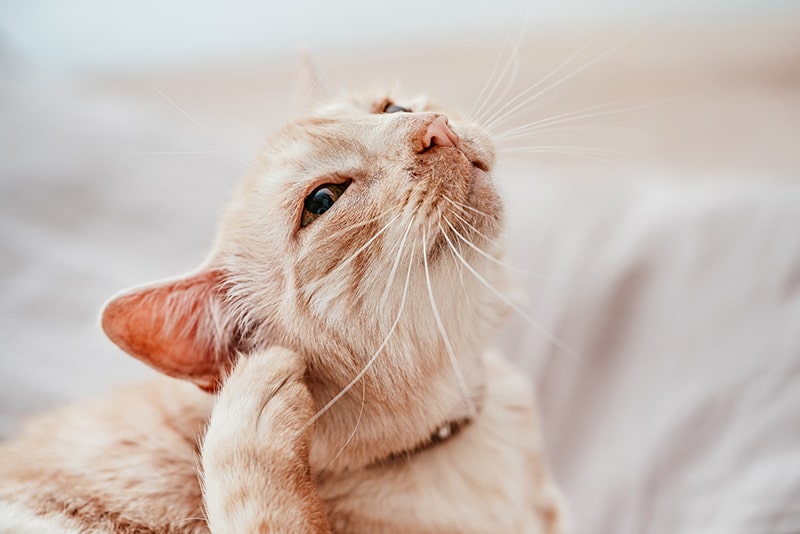

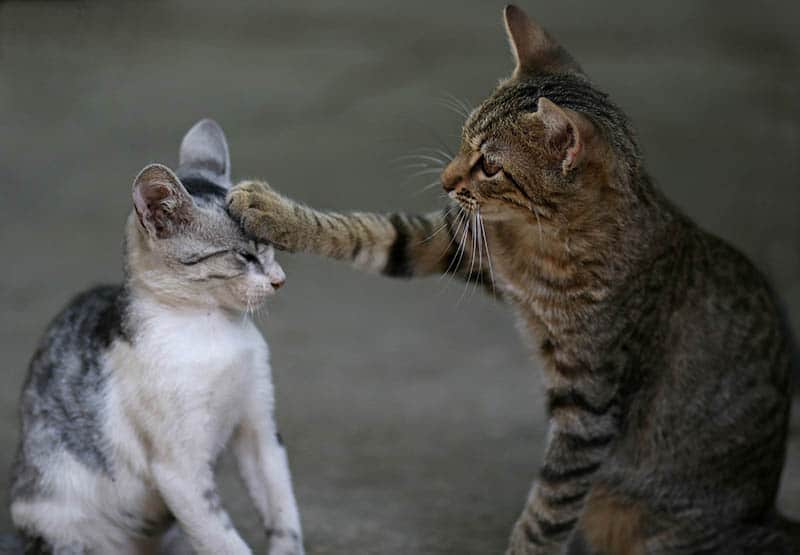
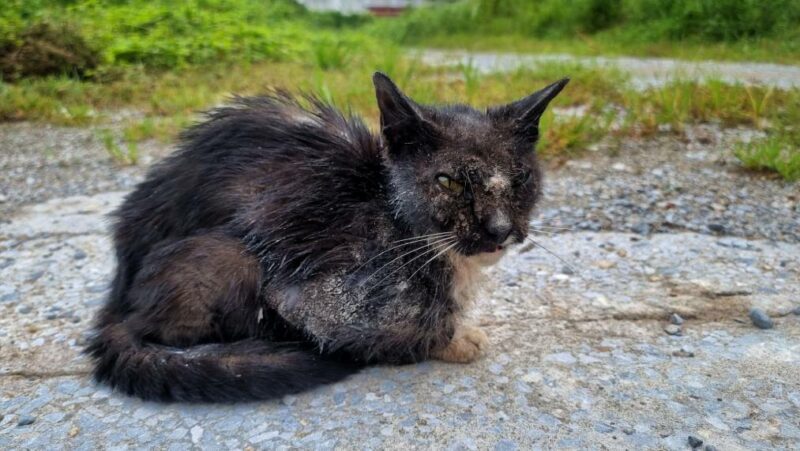
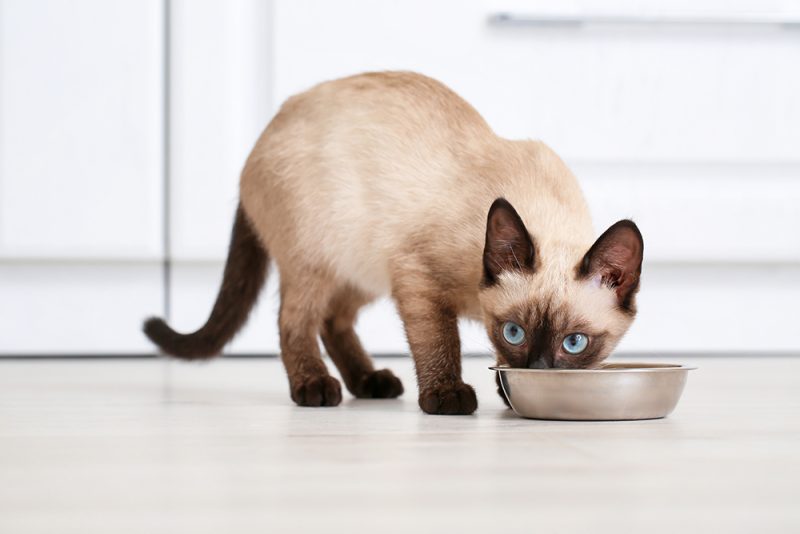
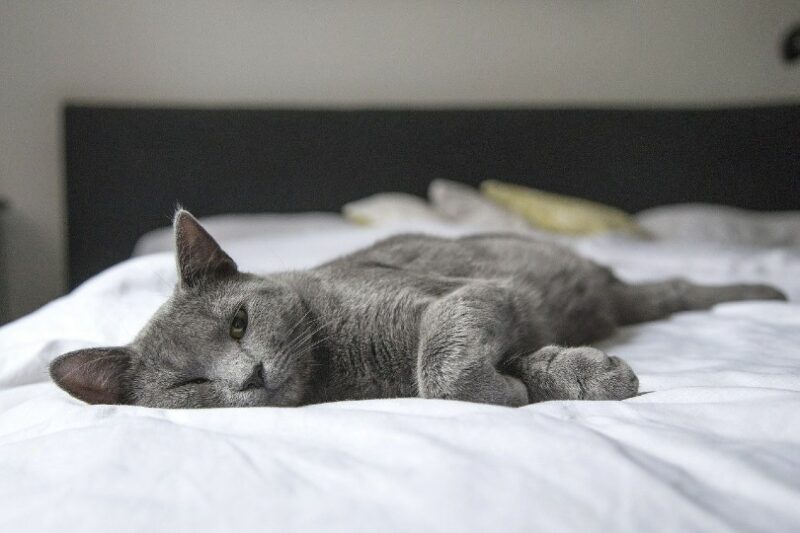

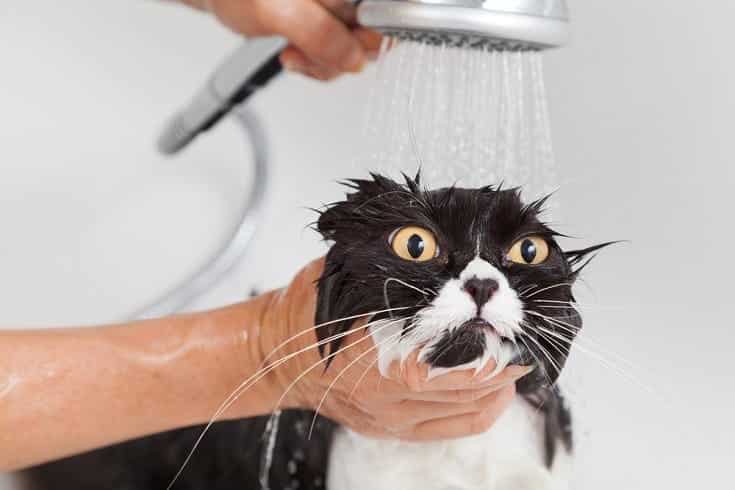
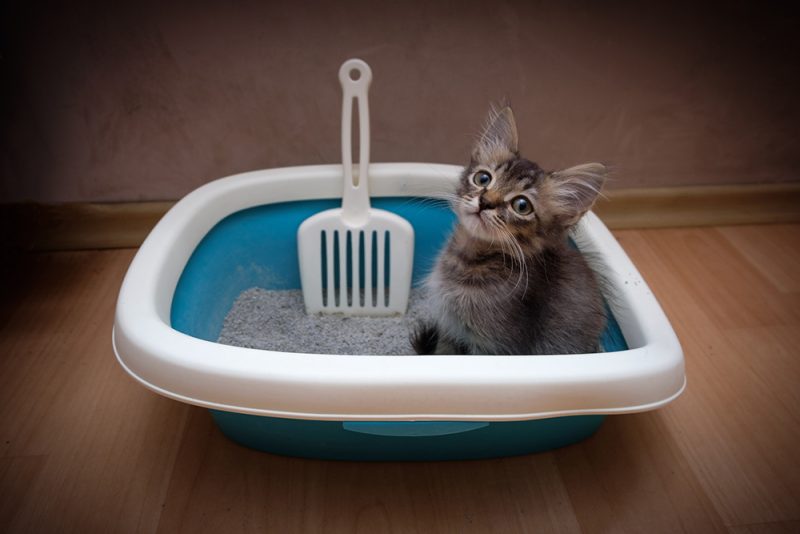
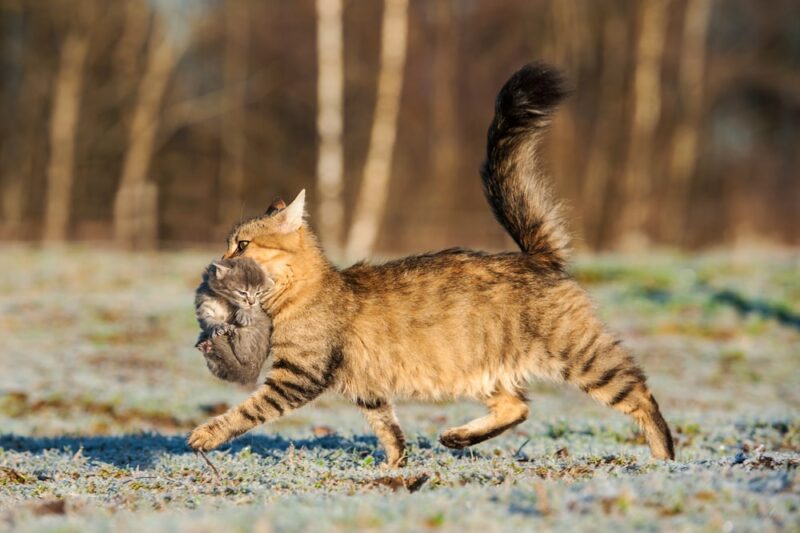



One Response
p'ease tell me a cat that has lived me since 2030 with her mom outside who never gives up for a chance to get her dinner, i have not seen her since friday night and i have never seen her not come eat. now it is sunday and no9 kitty. her mom comes but scatts as soon as she eats. that is not what she does.. i am so upset and i don"t know how to cope. please help me.